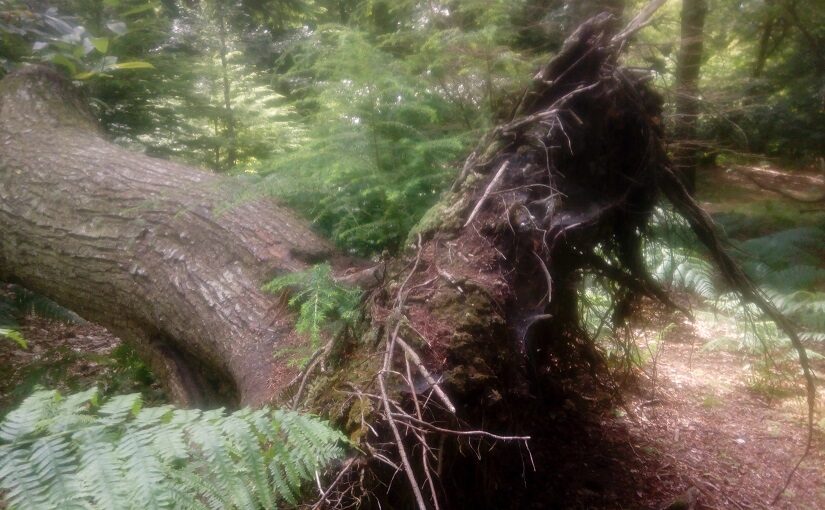How much do we value what we have in life? Sometimes it seems a lot more time is spent drawing up lists of wishes or things we’d like to change than is spent appreciating all we actually have. It’s probably where gratitude practices have slipped in – techniques people are using to pull focus out of the past or the future and place it more firmly into the present moment. Because, isn’t it important that we do?
If we’re not valuing things rightly, how will we know to preserve them? Understanding the importance, significance or worth of something seems an essential step toward insuring we protect and carry forward everything that truly matters (Notes One). If we’re forgetting – or, never being told – what matters and why, don’t we risk leaving behind things we and others may wish we hadn’t?
At various times here I’ve mused over all the past places in our hands: the heritage of history with all its artefacts and forms of wisdom; the systems we’re living within; the responsibility of maintaining and, hopefully, enriching it all (Notes Two). This sense in which the passing of time forever hands the treasures of the past and possibility of refining them into the care of subsequent generations.
It seems such an important task to convey the meaning of all that’s gone before; the vision people had in mind; the work still in hand. This momentous passing down of “all it is to be human” alongside an appreciative grasp of all the everyday activities and attitudes that help keep everything running smoothly (Notes Three). Don’t we need both the bigger picture and the practical details in order to carry on that work?
When it comes to Western society, then, how much do we value what it offers? What was this strange intellectual activity that set about arguing for and enshrining in law the principles of universal human freedom? This attempt to delineate every aspect of our lives then create a framework of mutually beneficial boundaries within which individuals can live as they please. (Notes Four)
Perhaps it’s simply this notion of us all being free to pursue our interests, chart our course, and clamber to the top of whatever mountains we’ve been inspired to climb. This sense of everyone making their own way – making the most of what nature gave them – in the economic and cultural environment of any given society. Of taking the ideal of freedom and working it into the fabric of society.
It seems such an admirable step within the history of humanity – to have applied our minds to working out the conditions for us all to exercise our freedom without stepping on one another’s toes. The very idea of creating a system able to contain and carry all people forward toward a better, more harmonious, less problematic future seems a beautiful thing for the past to have thrown its energy behind.
As those on the receiving end, isn’t this a weighty treasure to have placed in our hands?
Notes and References:
Note 1: Seeing, knowing and loving
Note 1: Value and meaning in our lives
Note 1: Appreciating other ways of being
Note 2: Cutting corners
Note 2: Trust in technology?
Note 2: How ideas find their place in the world
Note 2: Life’s never been simpler…
Note 2: On whose terms?
Note 3: Passing on what’s important
Note 3: Understanding what we’re all part of
Note 3: If society’s straining apart, what do we do?
Note 3: Society as an imposition?
Note 4: Mutual awareness and accommodation?
Note 4: “Quest for a Moral Compass”
Note 4: Plato & “The Republic”

